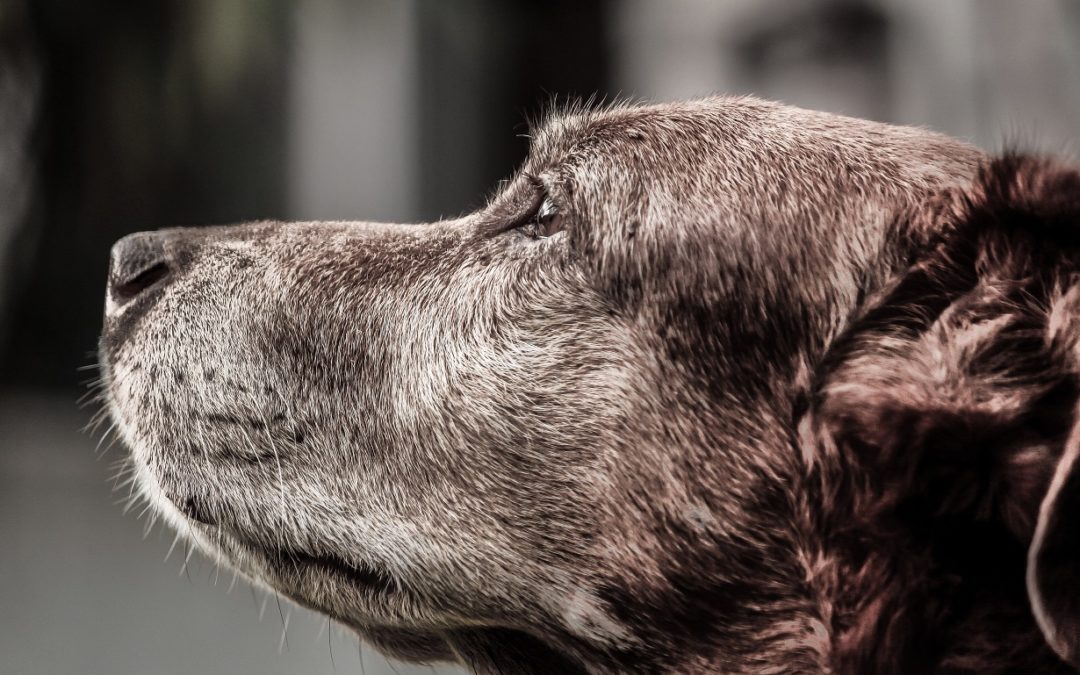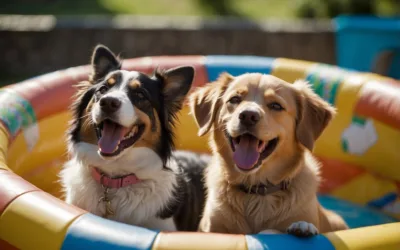Even though it doesn’t happen overnight, one day you’ll look over at your dog and realize that they are getting older. Depending on the size and breed of your dog, this day could come a few years earlier or later. In general larger breeds are considered geriatric around the age of 6 while smaller dogs can be closer to 10. Properly caring for your senior dog will help them live a longer and happier life.
Schedule a checkup with your vet
When you first realize that your dog is aging, schedule a check up with their vet. It’s important that senior dogs have regular check ups. At the check up make sure to speak with your vet about any dietary changes that may need to be made. Often senior pet food will have less fat and more important nutrients to keep your dog strong. Get on a schedule with your vet for check ups at least twice a year.
Keep them moving for physical and mental benefits
Your senior dog may be moving slower these days, but keeping them moving is essential to their longevity. Exercise is not only great for their physical health and weight management, it also engages their cognitive functions as well. Instead of long walks, take shorter more frequent walks and continue to play with them and take them to the park for socialization. Just lower the intensity and length of their exercise and talk to your vet if you have any questions about their exercise needs.
Take extra care of their teeth
Older dogs can get ornery, so brushing their teeth can sometimes fall to the wayside. However, it’s even more necessary than ever to give them regular dental care. Gingivitis is caused by tartar build up and can be a serious threat to aging pets. If bacteria get into the bloodstream, it can damage your dog’s organs and cause health problems.
Keep a constant watch on their overall health
In between your wellness checks at the vet, keep on eye on any changes you see in your dog.
- Look for fluctuations in weight, either gain or loss, this could be a sign of an underlying condition. Accidents, constipation or diarrhea
- Changes in appetite and drinking
- Behavioral changes (lethargy, aggression, confusion, withdrawal)
- Coughing, wheezing, or shortness of breath
- Lumps or skin changes
- Stiffness and limping or trouble ambulating
It’s hard to see our loved ones get older, but with a little extra TLC their advancing years can be some of the best.
For more information about caring for your senior dog visit the AVMA’s breakdown for senior pet care.





Recent Comments